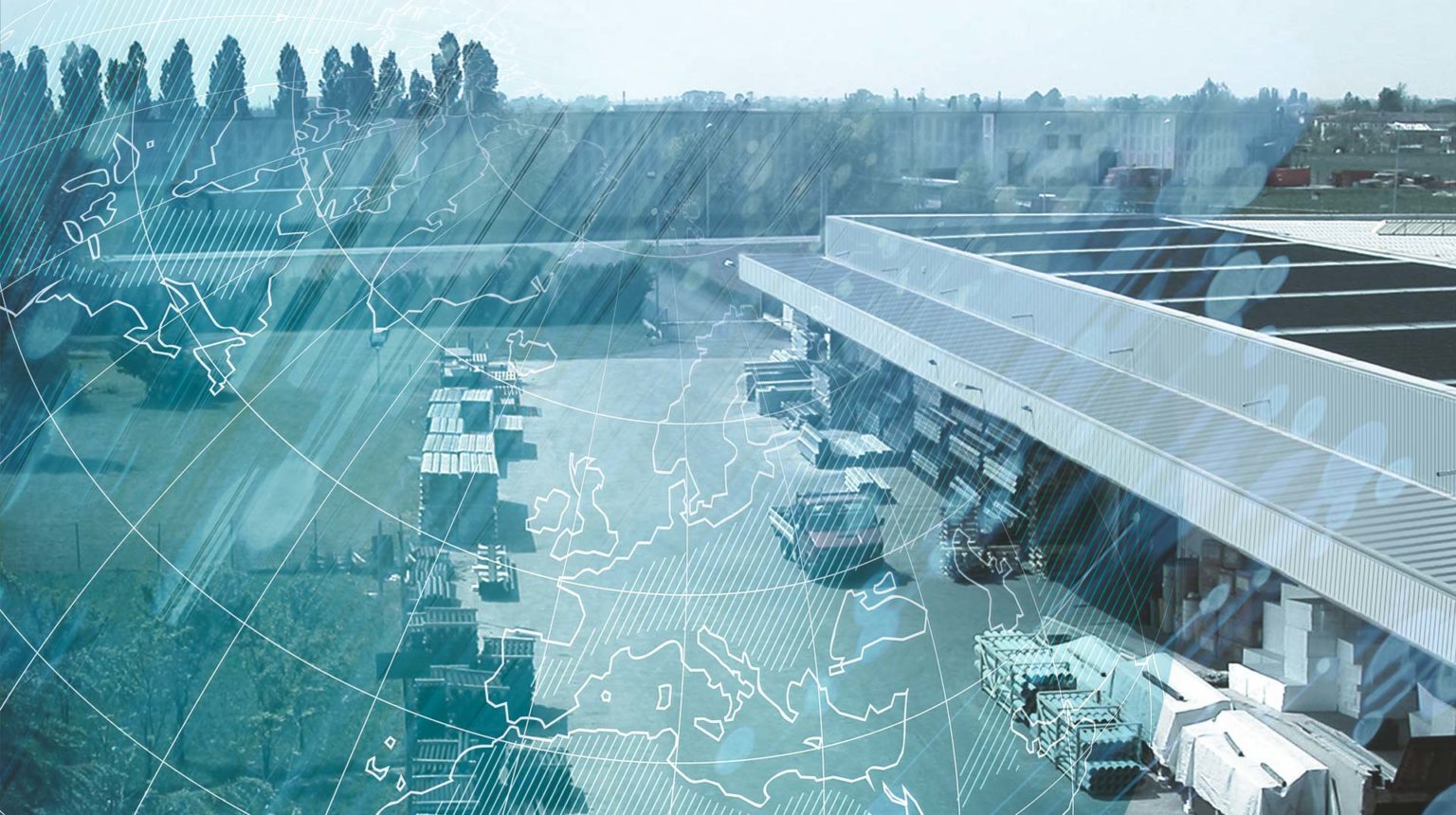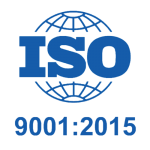Sacap, our history
Enthusiasm and growth
Sacap was born
as a enterpreneurial project of 4 friends
From home garage to warehouse
Sacap changes plant to the brand new Bovolenta plant
More room needs
Sacap keeps on growing and moves to the first plant in Casalserugo
Pipes production start
Sacap increases its product range with the production of pipes
A steady growth
In order to face the continuos space needs, Sacap moves to the current plant, still in Casalserugo
Outlets production start
Sacap engineers and produces its own swiss outlet model
IOROI
birth of IOROI brand that leads Sacap in the roofing and façades market
tettoLeonardo
Sacap launches tettoLeonardo patent to improve the metallic roofs installation
Pagina web in costruzione
Sacp facts and figures
15.000
tons/year
Of worked materials.
14+
nations
Exports.
13.000
mq
In 2 plants.

Our values
Total quality and quick and accurate customer service
Sacap has been on the roofing and guttering market for over 40 years. Expertise, manufacturing processes, continuos research and development are the values that drives Sacap in fullfilling customers requirements.

Environment
Sacap, since its foundation, has always took care of environment, how:
- all the scraps are recycled by selected and certified partners;
- Sacap is a ZERO harmful emissions company;
- all the means of transportation are environmentally friendly.

Quality policy
The basic principle on which the Quality policy is based is:
"the maximum satisfaction of the customer and interested parties, in compliance with each other's expectations and needs, obtained thanks to the high quality of the products and services offered"
Through the systematic implementation of a Quality Management System compliant with the requirements of UNI EN ISO 9001: 20015, with the aim of pursuing the continuous improvement of our products and our service.
Therefore it means that:
- We must continuously improve by designing and manufacturing innovative products in compliance with the applicable mandatory standards. The ability to continuously improve will be measured not only by verifying the achievement of the objectives set in the process policies, but also by evaluating the cost-benefit ratio whose value will be established by the Management in the review of the quality system taking into account market situations and customer expectations.
- The Customer and interested parties must always be held in the utmost consideration and we must all operate by focusing our attention on satisfying each other's requests and on the interpretation of mutual needs so that they can be translated into products and services that increasingly meet everyone's expectations.
- The ability to work for customer satisfaction can be measured with multiple direct and indirect indicators, as well as verifying the achievement of the objectives set in the process policies. The Management will quantify the value of these indicators during the quality system review so that they are relevant, adequate and commensurate with market situations and customer expectations.i
- Quality is a personal responsibility and commitment of all and therefore it is the precise duty of the process managers and of each collaborator to work to lay the foundations for ensuring that the objectives set out in this document, those relating to the processes and those defined periodically in the Management review are systematically achieved. For this purpose, respect for the contents of the quality system procedures is fundamentally important, the level of application of which will be measured with DEFINED PERFORMANCE INDICATORS. The Management will determine the value of these indicators during the quality system review and on this occasion it may eventually decide to identify (and quantify) further indicators;
The Management formally undertakes to conduct a systematic and documented review of the quality system to ensure its continuous adequacy and effectiveness in meeting the requirements of the reference standard, the objectives expressed in the corporate quality policy, those defined in the policies of the processes and those that from time to time, on the occasion of the review itself, will be defined. The review is the institutional occasion in which the measurement criteria for each identified indicator will be established and the necessary resources and the most appropriate and appropriate means will be made available to allow the Process Managers involved to work so thatthe identified objectives can be achieved . The Management is aware that the contribution of each collaborator is fundamental for the achievement of the corporate objectives, and for this purpose has assigned specific tasks and responsibilities. The Management undertakes to invest in education and training, so that the most suitable conditions are created so that each collaborator can carry out his own activity independently and is aware of how much his activity contributes and is important in order to achieve the quality objectives.
29/03/18

